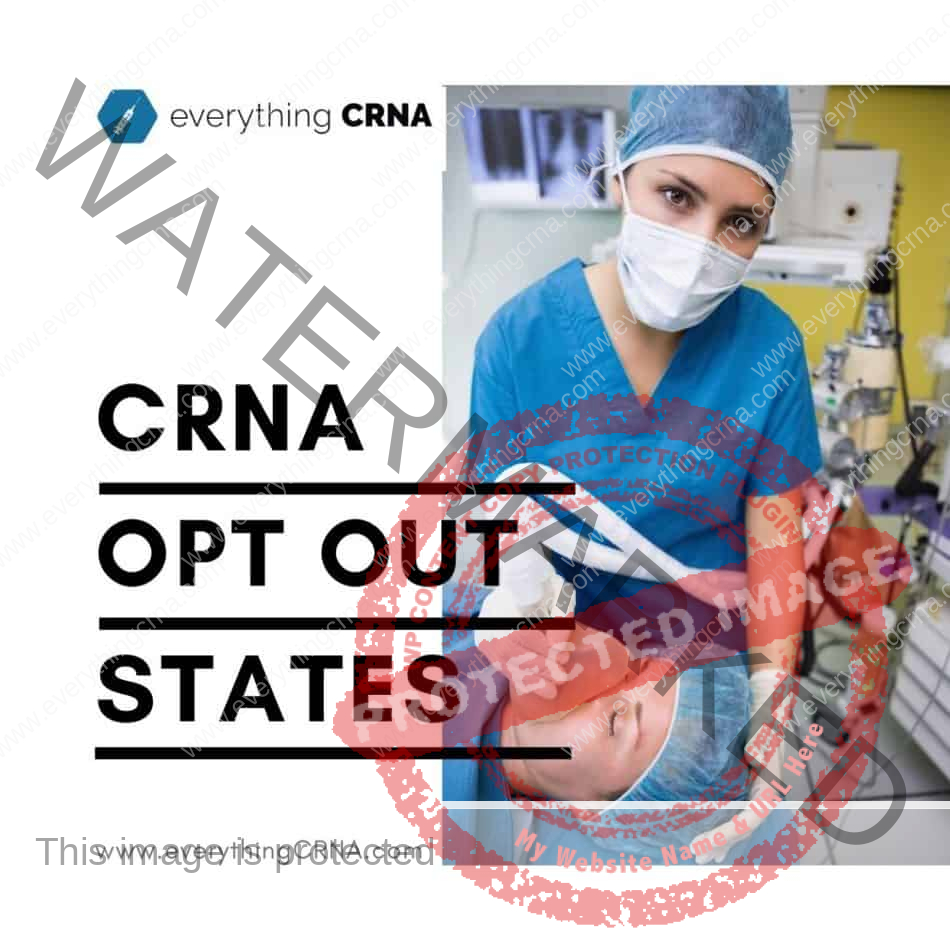I can’t imagine any CRNA is willing to work for Medicare rates. But to your point about the number of CRNAs that’s actually a huge point in favor of anesthesiology over these other fields. 36,000 NPs graduated last year. There were 91,000 NPs in 2010 and 325,000 today. 10,000 PAs graduate a year. Both these numbers are increasing around 2,000 and 1,000 respectively every year. Within a decade they will outnumber all physicians.
There are more than 385,000 nurse practitioners (NPs) licensed in the U.S. 1 More than 39,000 new NPs completed their academic programs in 2021-2022. 2 88.0% of NPs are certified in an area of primary care, and 70.3% of all NPs deliver primary care. 3 83.2% of full-time NPs are seeing Medicare…

www.aanp.org
Compare that to 26,600 US MD+DO, and about 35k total positions in the match.
So yes, there are plenty of NPs/PAs. The difference is they can do a 3-6 month “residency” and switch into whatever field isn’t saturated yet. A lot of procedural fields have high pay due to artificial scarcity. Sounds good until in the interests of “addressing the shortage” and “providing affordable healthcare” mid-levels are allowed to perform colonoscopies or replace knees independently. Who will train them? Who trained CRNAs?
And I’m familiar with various strategies to minimize taxation, but in a world of increasingly employed physicians (a majority now, regardless of preference) that will no longer be an option even for proceduralists moving forward.






